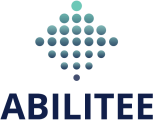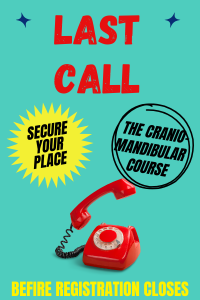Cranio-Mandibular: Learn the missing piece for treating neck pain, headaches, and orofacial pain , Ireland
€545.00
About Course
Learning goals
Speaker
Target audience
Including
Extra Info
Programme
About Course
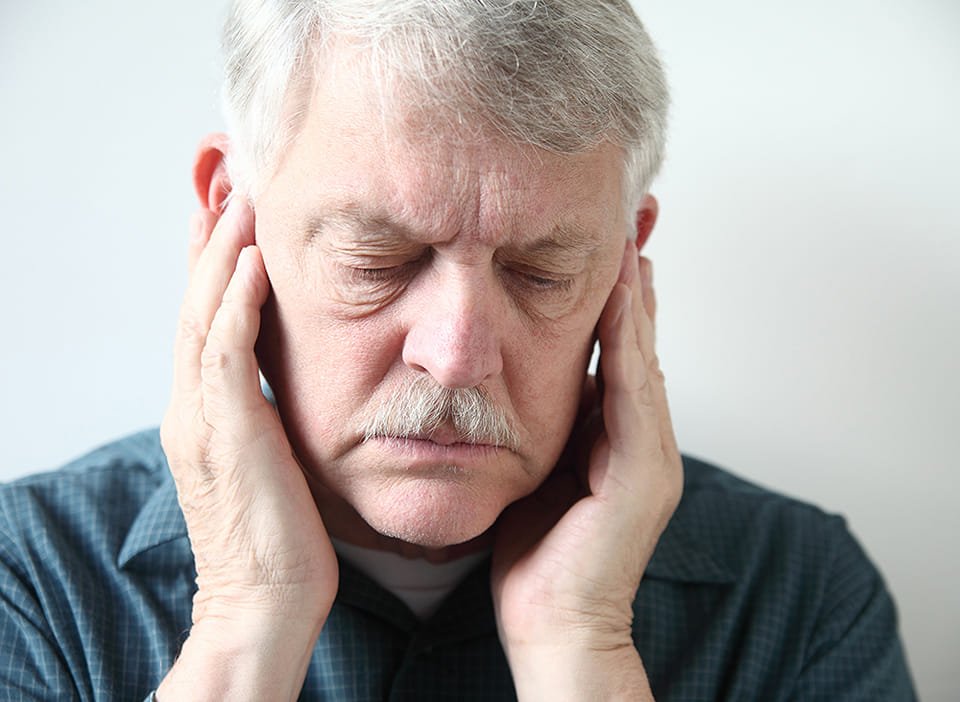
Temporomandibular Disorders (TMD) refer to several highly common clinical disorders that involve the masticatory muscles, the temporomandibular joint (TMJ) and the adjacent structures.
TMD is one of the most frequent causes of orofacial pain & headache and is associated with basic functional limitations such as difficulties in chewing, talking and yawning. Additionally, TMD patients tend to suffer from other disabling pain syndromes such as migraine, tension type HA and neck pain – therefore introducing a challenge to clinicians.
In this course, participants will learn effective evidence informed assessment & practical management of people with TMD.
Lectures (40%) & practical sessions (60%)
Learning goals
- Know the up-to-date scientific background of musculoskeletal pain & dysfunction in the Cranio-Mandibular region
- Recognize signs & symptoms of serious medical problems (not musculoskeletal) in people with Cranio-Mandibular pain ( ie red flags) and will know how to respond accordingly
- Practically know how to assess, evaluate & recognize common clinical patterns in people with TMD
- Practical use of the relevant clinical reasoning for management of people with TMD
- Effectively & safely treat people with TMD using hands on & exercise modalities
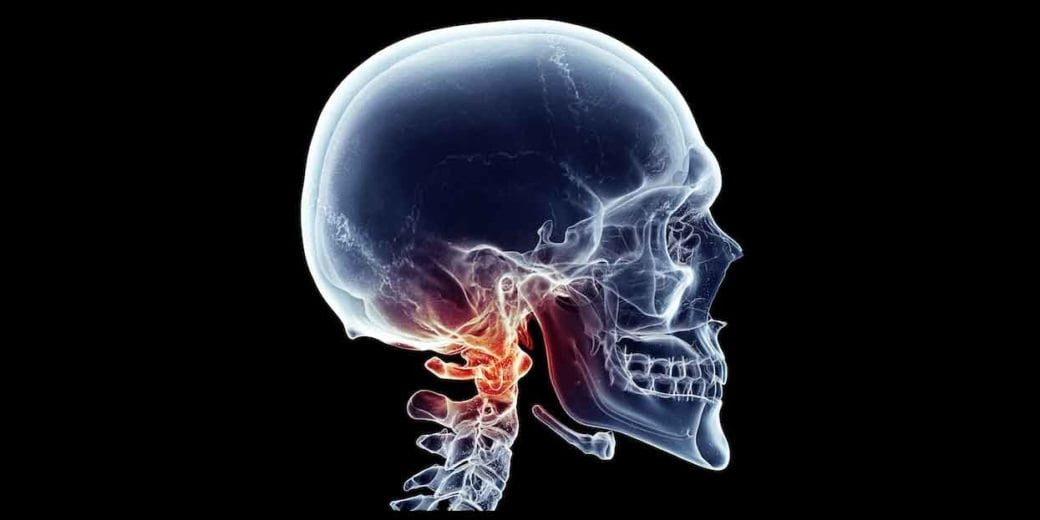
Speaker
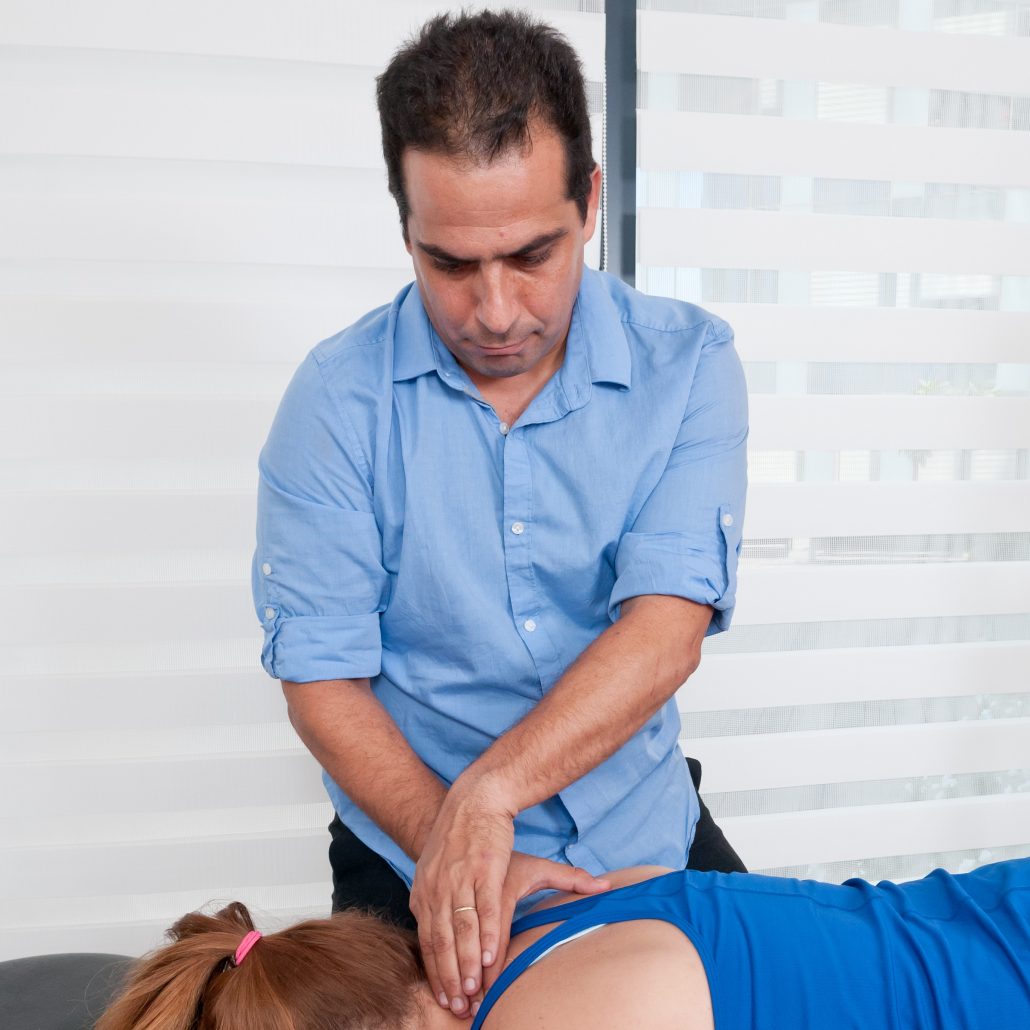
Dr. Tzvika Greenbaum is a Physiotherapist since 2004, with combined clinical Master degree in Musculoskeletal & Sports fields from the University of South Australia (2006). During and following his studies in Adelaide (Australia) he has specialized in Manual Therapy for patients with neck pain and headache. He studied from leading clinicians such as Dr Dean Watson (headache clinician and researcher).Tzvika is a private clinician in the Herzlia Medical Center Experts clinic (Tel Aviv) where he mainly treats patients with neck & back pain, headaches and temporomandibular disorders. He has been teaching since 2011 Physiotherapists and other health professionals at the post-graduate level about rehabilitation of people with neck pain, headache and temporomandibular disorders. Also he’s the founder of The CCMA, The Cervico-Cranio-Mandibular Academy (CCMA), which is established to lead the field of Cervico-Cranio-Mandibular rehabilitation into modern evidence-based practice.
Tzvika completed his PhD studies from Tel Aviv University, at the Faculty of Medicine. Specifically, his research project was done in collaboration between the physiotherapy department (School of Health Sciences) and the School of Dental Medicine of the Faculty of Medicine, Tel Aviv University in Israel. In his prospective longitudinal study, Tzvika studied the relationship between specific temporomandibular disorders and impaired upper neck performance as well as the prevalence and incidence of cervicogenic headache among patients with temporomandibular disorders. This work was published in leading journals in the physiotherapy ( Musculoskeletal Science and Practice )and dentistry ( European Journal of Oral Science) professions, and Tzvika has presented his work in various conferences worldwide ( 2019 World Conference of Physical Therapy and 2017 Annual meeting of the American Academy of Orofacial Pain ).
Today Tzvika is leading a novel international multidisciplinary research project investigating the relationship between Cervico-Cranio-Mandibular Disorders and Obstructive Sleep Apean.
Target audience
- Physiotherapists
- Osteopaths
- Chiropractors
Including
Extra Info
With Abilitee’s unique, niche international courses, you’ll stand out as a top tier health practitioner
Programme
Day 1
- 8:30 - 9:00
- ,
Registration
- 9:00 - 11:00
- ,
Clinical-oriented scientific background:
- Clinical anatomy of masticatory system
- kinesiology, mechanics & pathomechanics of the TMJ
- Neck-Jaw connections: anatomical & functional
- Upper neck & orofacial pain – neuroanatomical mechanism
- Epidemiology of TMD
- Etiology of TMD
- Psychosocial factors in TMD
- Common dental approach to TMD (oral appliance, behavioral therapy, surgical options)
- 11: 00 - 11:30
- ,
Morning coffee
- 11:30 - 13:00
- ,
Clinical reasoning of temporomandibular disorders:
- Pain related TMD (myogenic TMD, arthralgia)
- Intra-articular TMD (different disc dysfunctions)
- Degenerative TMD (mainly osteoarthritis of TMJ)
- 13:00 - 13:45
- ,
Lunch
- 13:45 - 15:15
- ,
Assessment & therapeutics of the TMD: topographical anatomy, evidence-based diagnostics of TMD (DC-TMD assessment tools) – clinical applications for physiotherapists
- 15:15 - 15:30
- ,
Coffee break
- 15:30 - 17:00
- ,
Assessment & therapeutics of pain-related TMD: myogenic components
Day 2
- 8:30 - 9:30
- ,
Summary of day 1
Dental background: oral appliances & bruxism
- 9:00 - 11:00
- ,
Assessment & therapeutics of pain related & degenerative TMD: TMJ components
- 11:00 - 11:30
- ,
Morning coffee
- 11:30 - 13:00
- ,
Assessment & therapeutics of intra-articular TMD: rehabilitation approaches to the different TMJ disc conditions
- 13:00 - 13:45
- ,
Lunch
- 13:45 - 15:15
- ,
Assessment & therapeutics upper neck involvement in TMD: upper neck differential diagnosis, upper neck short segmental assessment
- 15:15 - 15:30
- ,
Coffee break
- 15:30 - 16:30
- ,
Real case study demonstration & brain storming.
End of course
Frequently Asked Question
The main role of the neck is to carry the head in order to serve its main functions such as sight, hearing, mastication (including taste) and correct its position in space according to the various demands and surrounding (proprioception). This major role connects the neck-head-face and jaw into one major functional complex in which its components are inter-related and affect each other. Additionally, the modern neuroanatomy research demonstrates that there is a strong neural sensory connection between the various parts of this complex, such that noxious stimuli in a specific region (such as the right side of the upper neck) can easily lead to pain presentation in another region (around the right eye in this example) and vice versa.
In my PhD research project that was done at Tel Aviv University we characterized upper cervical spine musculoskeletal pain and related performance parameters, as well as assess the prevalence/incidence of cervicogenic headache among patients with Temporomandibular Disorders (TMD). The trend we observed was clear and demonstrated significant specific upper neck impairments in patients with painful TMD, where over a third of them were diagnosed with Cervicogenic Headache versus 5% in the general population.
These findings, also supported elsewhere in the literature, have led to the understanding that the ideal management of this population, for us physiotherapists, requires understanding of the whole Cervical-Cranio-Mandibular complex.
To date, more than 25% of the adult population report significant pain somewhere in the Cervico-Cranio-Mandibular (CCM) complex, which is of a musculoskeletal nature, which commonly becomes chronic, second in its prevalence to Chronic Low Back Pain (LBP). Hence, rehabilitation of the CCM complex in this population is highly relevant for physiotherapists, osteopath and chiropractors especially as unfortunately, these patients are hardly referred to manual treatments. Whatever the reason may be for this unfortunate approach, now is the time to introduce change and demonstrate the effectiveness of manual treatment management in the field of Cervico-Cranio-Mandibular complex pain. Certification and expertise in the management of CCM pain will help you widen your scope of practice and help more patients, who many times suffer from mismanagement.
There is vast evidence also of strong quality (such as systematic reviews and meta-analyses) to demonstrate the effectiveness of manual treatments and exercises as first line treatment for people with CCM disorders (neck pain, cervicogenic headache, TMD). This is similar to the role of manual traetments management of non-musculoskeletal headache/orofacial pain (e.g., migraine or Tension Type Headache (TTH)) which is recognized complementary clinical practice as part of a multidisciplinary team (including for example neurologist, psychologist, physicians etc.).
Cervical-Cranio-Mandibular therapeutics
A 48 hours comprehensive course, consisting of three independents modules, that can also be taken individually. No previous experience needed.
Module 1: Cranio-Mandibular therapeutics(16 hours)
Module 2: Cervico-Brachial therapeutics(16 hours)
Module 3: Cranio-Cervical therapeutics(16 hours)
Dry Needling for Orofacial Pain & Headache (9 hours)
In this one-day workshop participants will learn and practice safe and effective dry needling approaches for the most commonly involved myofascial structures in patients with orofacial pain (mainly TMD) and headaches (cervicogenic, tension type and migraine).
Testimonials
Tzvika Greenbaum’s two-day course Temporomandibular Disorders is a good combination of theory and practice. During the first day a thorough overview of the TMJ anatomy and kinematics is given. Practical part includes palpation and assessment of TMJ. Second day is fully practical – assessment and treatment of TMD. Everything is explained in a clear and practical way with direct examples to pathologies. Course is highly practical and easy to follow. References are given to recent relevant studies, while not being too “stuck” on research, promotion of clinical reasoning process. All tests and treatment methods are easily applicable in practice. Very structured teacher with a good sense of timing. During the practical part, the teacher had enough time for each student and was open for questions and interaction.
Cranio-mandibular: I was very satisfied with this course, the new knowledge and skills were very organized, and at the end of the course everything comes together in one logical unit. Even a therapist who has never dealt with this area of practice before is in my opinion after taking this course able to make evidence-based clinical decisions about a broad spectrum of TMJ related problems. Reasonable number of easy-to-do and effective manual techniques was demonstrated.
Cervico-brachial: This course is based on clear diagnostics, with a goal to take out the guessing from the therapy. It is obvious that this lecturer is familiar with a broad scale of therapeutic methods, doesn’t push just one approach only, and can make complicated subjects understandable for everyone. He is also very down to earth and informs the attendants about correct patient-centered care.
I have attended many courses in the UK, Poland and Czechia and courses with Tzvika Greenbaum are one of the best ones. The course is very well structured, evidence based and there is enough time for practical parts as well. But the most important is that Tzvika is very knowledgeable and really into the subject. And we have fun during the course as well.
Cranio-Mandibular: Learn the missing piece for treating neck pain, headaches, and orofacial pain , Ireland
€545.00

